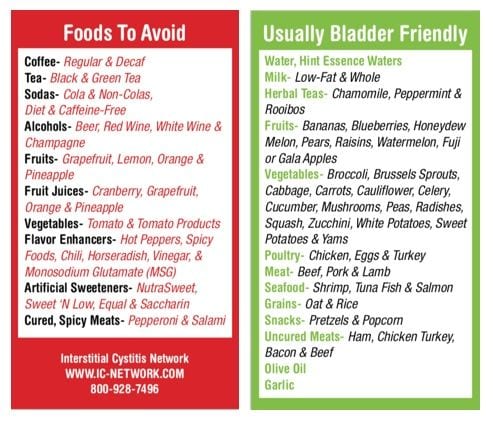Contents
General description of the disease
Cystitis is an inflammatory disease of the bladder that can occur with inflammation of the urethra (urethritis).
Causes of cystitis
Cystitis is caused by various bacteria that enter the urinary wasteland through the urethra. Typically, Escherichia coli, which is normally found in the rectum, can be the pathogen.
Also, prolonged sexual intercourse can provoke cystitis, in which the opening of the urethra is irritated (the first symptoms occur within 12 hours after sexual intercourse), urinary retention or an incompletely emptied bladder (most often observed in disabled people or the elderly). In addition, some people may be allergic to perfume soaps, vaginal deodorants, talcum powder, or colored toilet paper, which can trigger the development of cystitis. The cause of cystitis in children can be abnormalities in the anatomical structure, in which urine is “thrown back” into the ureters.
Symptoms of cystitis
Among the symptoms of cystitis, the following will be distinguished: painful (with a burning sensation) and frequent urination, pain in the lower back or in the lower abdomen, urine with a strong odor, a cloudy appearance and blood splashes. Children and the elderly may experience fever, nausea, and abdominal pain.
Varieties of cystitis:
- acute cystitis;
- chronic cystitis.
Useful products for cystitis
The main goal of dietary nutrition in acute and chronic cystitis is to “flush” the walls of the bladder and urinary tract from infectious agents. That is, the products must have diuretic properties and prevent the development of further irritation of the mucous membrane. In addition, you need to consume 2-2,5 liters of liquid per day.
Useful products for cystitis include:
- fruit drinks, vegetable, fruit juices, compotes (for example, from lingonberries, cranberries);
- chloride-calcium mineral water;
- herbal teas (from kidney tea, bearberry, corn silk);
- weak green or black tea without sugar;
- Fresh fruits (eg grapes, pears) or vegetables (eg pumpkin, asparagus, celery, parsley, cucumbers, carrots, spinach, melons, zucchini, watermelons, fresh cabbage);
- fermented milk products, milk, cottage cheese, unsalted cheese;
- low-fat varieties of meat and fish;
- honey;
- bran and whole grains;
- olive oil;
- pine nuts.
For breakfast you can eat: soft-boiled eggs or steam omelet, vegetable puree, unsalted cheese, milk porridge, cottage cheese, kefir, pasta, juice.
The lunch menu can include: vegetable cabbage soup, beetroot soup, cereal soups, borscht; steamed cutlets, boiled fish, meatballs, boiled meat; pasta, cereals, stewed vegetables; mousses, jelly, compotes, juices.
Afternoon snack: kefir, fruit.
Dinner: cottage cheese casserole, macaroni and cheese, pancakes, buns, vinaigrette.
Folk remedies for cystitis
- hemp seeds (seed emulsion diluted with milk or water): use for painful urination as a pain reliever;
- Purslane: Eat fresh to soothe bladder pain
- decoction of rosehip roots (chop two tablespoons of rosehip roots, pour a glass of boiling water and boil for 15 minutes, leave for two hours): take half a glass four times a day before meals;
- decoction of lingonberry leaves (two teaspoons for one glass of boiling water, boil for 15 minutes) take during the day in small portions.
Dangerous and harmful products for cystitis
The diet for cystitis should not include: alcohol, strong coffee or tea, hot spices, salted, fried, smoked, sour, canned foods, concentrated broths (mushroom, fish, meat), foods that contain artificial colors or irritate the urinary mucosa paths (horseradish, radish, garlic, onion, cauliflower, radish, sorrel, sour fruits and berries, celery, tomatoes, green lettuce, tomato juice).
Attention!
The administration is not responsible for any attempt to use the information provided, and does not guarantee that it will not harm you personally. The materials cannot be used to prescribe treatment and make a diagnosis. Always consult your specialist doctor!










